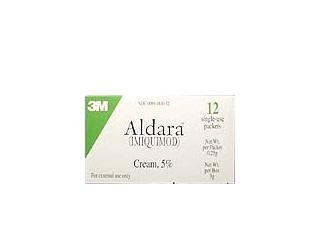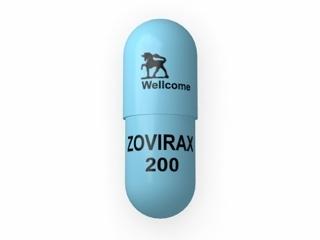Aciclovir Dosage: How to take Aciclovir
Generic name: Aciclovir.
Dosage: Aciclovir 200mg, 400mg, 800mg.
Category: Anti Viral.
Buy Aciclovir online without prescription: Aciclovir Online Pharmacy
Aciclovir Dosage and Direction
- Take aciclovir by mouth with or without food, usually 2 to 5 times a day as directed by your doctor.
- Take it with a full glass of water.
- Take the medication at regular intervals.
- Use a special measuring device/spoon for the liquid form.
- Dosage is based on your medical condition and response to treatment, and in children, it’s also based on weight.
Precautions:
- Inform your healthcare provider if you have kidney disease, allergies (including allergies to food, dyes, or preservatives), if you are pregnant or planning to become pregnant, or if you are breastfeeding.
- Discuss with your healthcare provider all other medicines you are taking, including prescription and non-prescription medicines, vitamins, and herbal supplements.
- Aciclovir passes through breast milk, so discuss with your healthcare provider if you are breastfeeding or planning to breastfeed.
Possible side effects
Aciclovir and Acyclovir are the same medication, but they may be marketed under different brand names depending on the country and manufacturer. Aciclovir is the international nonproprietary name (INN), while Acyclovir is the United States Adopted Name (USAN). The medication is also known by its generic name, acyclovir.
Aciclovir/Acyclovir is an antiviral drug used to treat viral infections caused by the herpes simplex virus (HSV), varicella-zoster virus (VZV), Epstein-Barr virus (EBV), and cytomegalovirus (CMV). It is commonly prescribed for conditions such as genital herpes, cold sores, shingles, and chickenpox.
Whether labeled as Aciclovir or Acyclovir, the medication is chemically the same and works in the same way to inhibit viral replication. Therefore, patients may encounter either name when seeking this antiviral medication, depending on their location and the specific brand available to them.
Acyclovir is generally well-tolerated, but like any medication, it can cause side effects in some individuals. Common side effects of acyclovir may include:
- Nausea
- Vomiting
- Diarrhea
- Headache
- Dizziness
- Fatigue
- Rash
- Itching
These side effects are usually mild and temporary. However, if any of these side effects persist or worsen, it’s important to inform your healthcare provider.
In rare cases, acyclovir can cause more serious side effects, including:
- Allergic reactions: Some individuals may experience allergic reactions to acyclovir, characterized by symptoms such as rash, itching, swelling of the face, lips, or throat, and difficulty breathing. Seek medical attention immediately if you experience any signs of an allergic reaction.
- Kidney problems: Acyclovir can affect kidney function, especially when taken in high doses or for prolonged periods. Symptoms of kidney problems may include changes in urination (such as increased frequency or decreased urine output), swelling in the legs or ankles, or difficulty breathing.
- Neurological side effects: Rarely, acyclovir may cause neurological side effects such as confusion, hallucinations, agitation, tremors, seizures, or coma. If you experience any of these symptoms, seek medical attention immediately.
It’s important to inform your healthcare provider about any other medications you are taking, as they may interact with acyclovir and increase the risk of side effects. If you have any concerns about the side effects of acyclovir, consult your doctor or pharmacist for guidance.
Drug interactions
There are negative interactions that can occur when Aciclovir is combined with any of the drugs listed above.
- Phenytoin and Aciclovir: Aciclovir may decrease the level of phenytoin in your blood, which could make it less effective. Your healthcare provider may need to monitor the level of phenytoin in your blood using a blood test and adjust your dose as necessary.
- Probenecid and Aciclovir: Probenecid can increase the level of Aciclovir in your blood, which may raise your risk of acyclovir side effects. Your healthcare provider may need to lower your acyclovir dosage to prevent this interaction from occurring.
- Aciclovir and Tenofovir: Aciclovir can increase the level of tenofovir in your blood, potentially increasing your risk of side effects. Your healthcare provider may need to decrease your tenofovir dosage to prevent drug interactions from occurring.
It’s important to inform your healthcare provider about all the medications you are taking, including prescription and non-prescription medicines, vitamins, and herbal supplements. Your healthcare provider can monitor for potential interactions and adjust your treatment regimen accordingly to ensure safe and effective therapy. If you have any concerns or questions about drug interactions involving Aciclovir, consult your healthcare provider for personalized advice.






